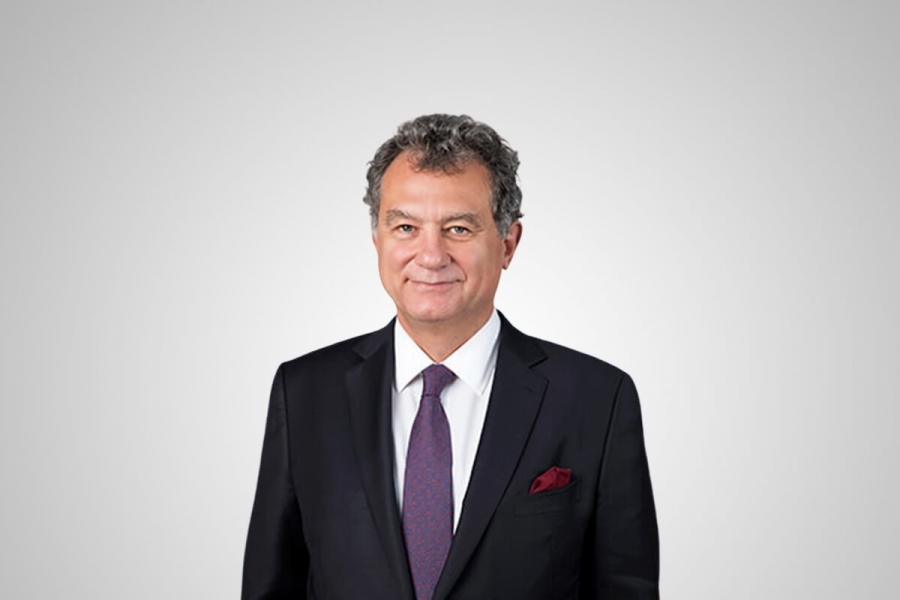Kaslowski said that sustainable growth and higher levels of employment require financial stability, which can only be attained by prioritizing lower inflation. Kaslowski stressed that to lower inflation, long-term measures had to be taken, including fiscal discipline. He also stated that “in order to allocate the resources of the banking sector to more productive areas and to offer new credit to grow the economy, we must urgently and effectively address the issue of non-performing loans.” Kaslowski said, “If we put forth a credible and comprehensive economic program, not only will we emerge from the list of most fragile economies, but we will become more resilient against exchange rate fluctuations. A program that lowers inflation and lowers the debt burden, will also fix the exchange rate problem. We have reached a critical juncture and we must boost investor confidence by concrete policies.”
The President of TÜSİAD reiterated the business world’s calls for stronger rule of law:
“Rule of law is a precondition to a rules-based economy that provides confidence. It is impossible to speak about investment, employment, entrepreneurship and innovation without fundamental rights and freedoms. Turkey can only generate sustainable growth, attract investment and improve its global competitiveness by ensuring rule of law and fundamental freedoms. Strengthening rule law means strengthening the economy. The state can build much needed confidence by subjecting itself to the rule of law. The success of economic reforms and stability programs are directly tied to providing public confidence.”
In addition to strengthening rule of law in Turkey, the most urgent economic reforms required are:
First, for financial stability:
- Strengthening institutions
- Deepening capital markets and developing the insurance industry
- Increasing financial inclusiveness and combatting the unregistered economy
- Transparency in public finance and public procurement
Second, reforms to increase productivity and competitiveness:
- Education reform
- Tax reform
- Labor market reform
- Energy security and sustainability
- Agriculture and food reform
- Reforming industry for higher value-added production
- Improving technology and innovation and protection against unfair competition
- Digital transformation
Third, reforms needed for inclusive growth:
- Gender equality
- Regional development and diminishing regional inequalities
Kaslowski also stated that the modernization of the Customs Union and joining the European digital single market are important to Turkey’s national interests and should be prioritized without making the mistake of questioning the objective of accession to the European Union. He said, “We strongly believe that Turkey, as a Eurasian hub that is open to the world and firmly integrated with the European economy, can be a rising country in the 21st century.”
